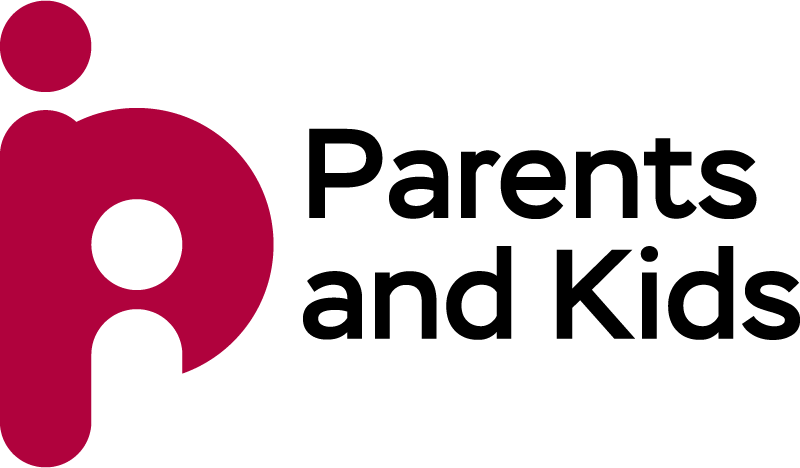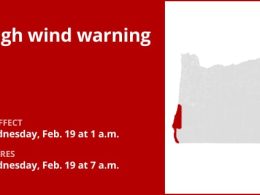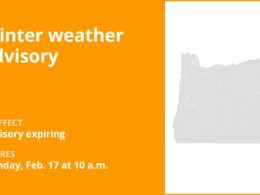Even though call takers only handle a limited amount of calls, the Oregon Health Authority has extended its contract with a nonprofit organization based in Boston to run a helpline created under the now-defunct Measure 110.
According to the contract, which was made public in response to a request for public documents, the state committed to pay the group $116,362 per month beginning in February and continuing through June.
From October through December, when Oregon implemented a new rule that made little drug possession a criminal once more, the helpline received less than 200 calls.
Referred to as a “hopeline” by the state, the program was initially included in Oregon’s drug legalization bill, which was approved by voters in 2020 but largely overturned by the legislature last year.
The helpline was designed under Measure 110 to act as a starting point for therapy for those who received a police citation for drug possession.
Health Resources in Action was given the contract to run the helpline by the Oregon Health Authority in late 2023. The deal totaled $2.7 million, which included start-up expenses and monthly payments of roughly $130,000 until last month.
The contract with Health Resources in Action will cost around $3.4 million with the extension.
The line was initially promoted by the health authority as a 24-hour resource for anyone dealing with substance abuse and their loved ones.
The extension will prevent service interruptions and enable a careful procedure to assess the continuum of current phone lines, said to agency spokesman Kim Lippert, who responded to written inquiries from The Oregonian/OregonLive.
According to Lippert, this expansion enables OHA to look over all of the behavioral health phone lines to see if there are any areas that could use more efficiency and simplification.
Adding new photos and videos to the helpline’s website and purchasing keywords like Oregon Hopeline and Helpline to guarantee top Google search results are among its accomplishments, according to Health Resources in Action’s year-end report.
When compared to other established crisis lines that the state sponsors, the helpline’s call volume has been largely insignificant.
According to the data, 410 callers out of the 978 calls the helpline received between December 2023 and last December were referred.
According to the research, not every caller is referred. Some of the calls are disconnected or are prank calls. Instead of being referred to a treatment-related service, some callers merely want information.
Other strong lines that assist those who are addicted are still supported by the state.
An average of 6,000 calls are made to 988, a longstanding suicide and crisis line, each month, according to a report written for the Senate Committee on Early Childhood and Behavioral Health.
Callers to 988 are given access to services for addiction treatment; around 9% of callers mention substance misuse as the basis for their call.
Separately, Lines for Life, which oversees the state’s Alcohol and Drug Helpline, reports that the line receives between 550 and 650 calls per month. According to the group, about 66% of callers are referred for therapy.
Criminal justice is the area of expertise for enterprise reporter Noelle Crombie. You can reach her at [email protected] or 503-276-7184.
Portland area homicides
-
51-year-old man fatally stabbed woman found dead in RV in Wilsonville during robbery, prosecutors say
-
Deranged murderer who killed ex-lover s husband at Intel gets life sentence
-
Police made more arrests, ID d more suspects in 2024 homicide cases
-
Police ID 51-year-old man killed in SE Portland shooting
-
Portland recorded more homicides than Seattle in 2024. What s behind the violence?










